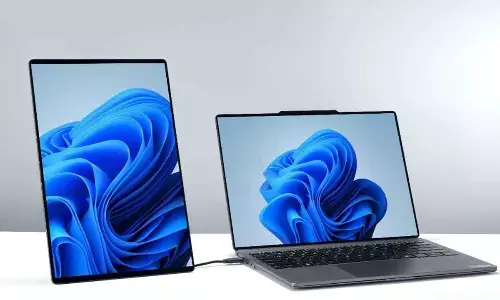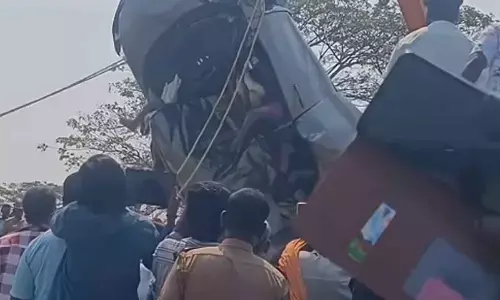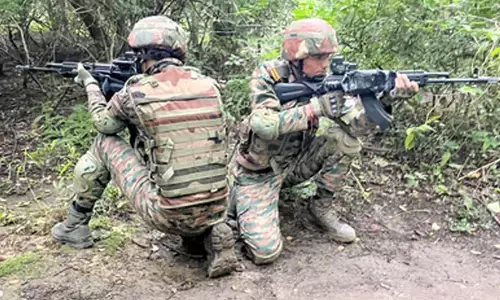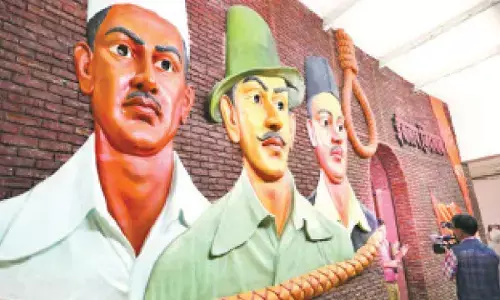Hyderabad start-up wins Intel & DST contest
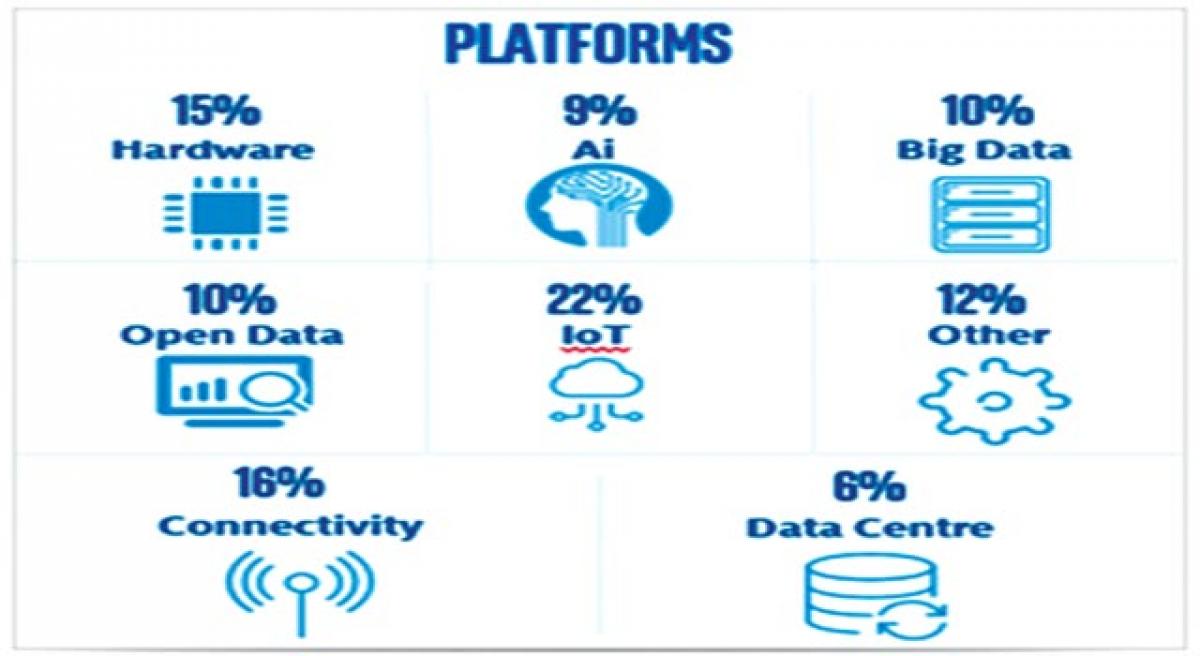
Allizhealth, iNICU and iCHR, and Banyan Nation have been announced as the top three teams of the Intel and DST - Innovate for Digital India Challenge 2.0 (“Challenge 2.0”). Based on Intel architecture, these solutions are poised for digital disruption in the spaces of preventive healthcare, infant mortality, and waste management, respectively.
Allizhealth, iNICU and iCHR, and Banyan Nation have been announced as the top three teams of the Intel and DST - Innovate for Digital India Challenge 2.0 (“Challenge 2.0”). Based on Intel architecture, these solutions are poised for digital disruption in the spaces of preventive healthcare, infant mortality, and waste management, respectively.
These teams were evaluated by a panel of experts comprising Sachin Kelkar, Head – Scale Program – Asia Pacific, Intel Software and Services Group; Sathya Prasad, Director, Ideas-2-Reality; Sashi Reddi of SRI Capital; Chris Burry, Co-CEO, USMAC; Srinivas Modukuri, Investor; Vijay Nadiminti, COO, IDEA-Technology Business Incubator of NAARM; Neel Vora, Director of Investments, T-Fund; and Girish Shivani, Co-Founder, YourNest.
Challenge 2.0, the second edition of the Intel and DST Innovate for Digital India Challenge, is a platform for end-to-end hardware product innovation that identifies and incubates homegrown entrepreneurial solutions that address India’s indigenous issues.
This year, Intel India and Department of Science and Technology (“DST”) collaborated with T-Hub, India’s fastest growing startup engine catalyzing innovation, scale and deal flow, to identify ideas that could solve complex issues at the country’s grassroots level through technology and automation, accelerating the transition to a Digital India. Each solution is designed for scale, and to improve the quality of people’s lives in the remotest corners of India.
From developing the Minimum Viable Product that allowed teams to collect maximum validated learning about their customers with the minimum effort, to go-to-market strategy, the Challenge 2.0 has helped participants take their prototypes from mind-to-market. The Smart City category introduced this year garnered almost a quarter of all entries, as did the IoT category, indicating a trend of citizen participation in India’s smart and connected urban infrastructure.
Here is the list of the top three teams, in no particular order:
• AllizHealth is an assistive device based on the Intel® Curie module in the preventive healthcare technology space. It connects the user with a health management platform that assesses and anticipates health risks particularly related to geriatrics support. Providing an integrated, predictive algorithm, the wearable digitally connects users with various ecosystem partners and caregivers for alerts on falls and resulting support and condition management.
• Banyan Nation is a mobile technology platform that integrates the supply chain of India’s waste management and plastic recycling sector. Based on the Intel® Edison, and using the Intel® based Jan Unnati tablet, the smart waste platform automates end-to-end urban recycling operations through on-field bin sensors, GPS truck routers, landfill management toolkits and back-end analytic engines. The solution follows a modular design which is customizable to suit the needs of different municipalities and third-party system integrators developing smart city solutions.
• iNICU & iCHR is helping reduce the neonatal infant mortality rate with a system that integrates real-time clinical data from connected devices within the laboratory with bedside observational data.
Based on the Intel® Cybertan Gateway and Intel® Edison, the solution presents the information in medically comprehensive formats to reduce mortality in neonatal intensive care units (NICUs). It enables complex clinical decisions to be made in real-time by automatically collecting clinical data, providing critical care for preterm babies.


